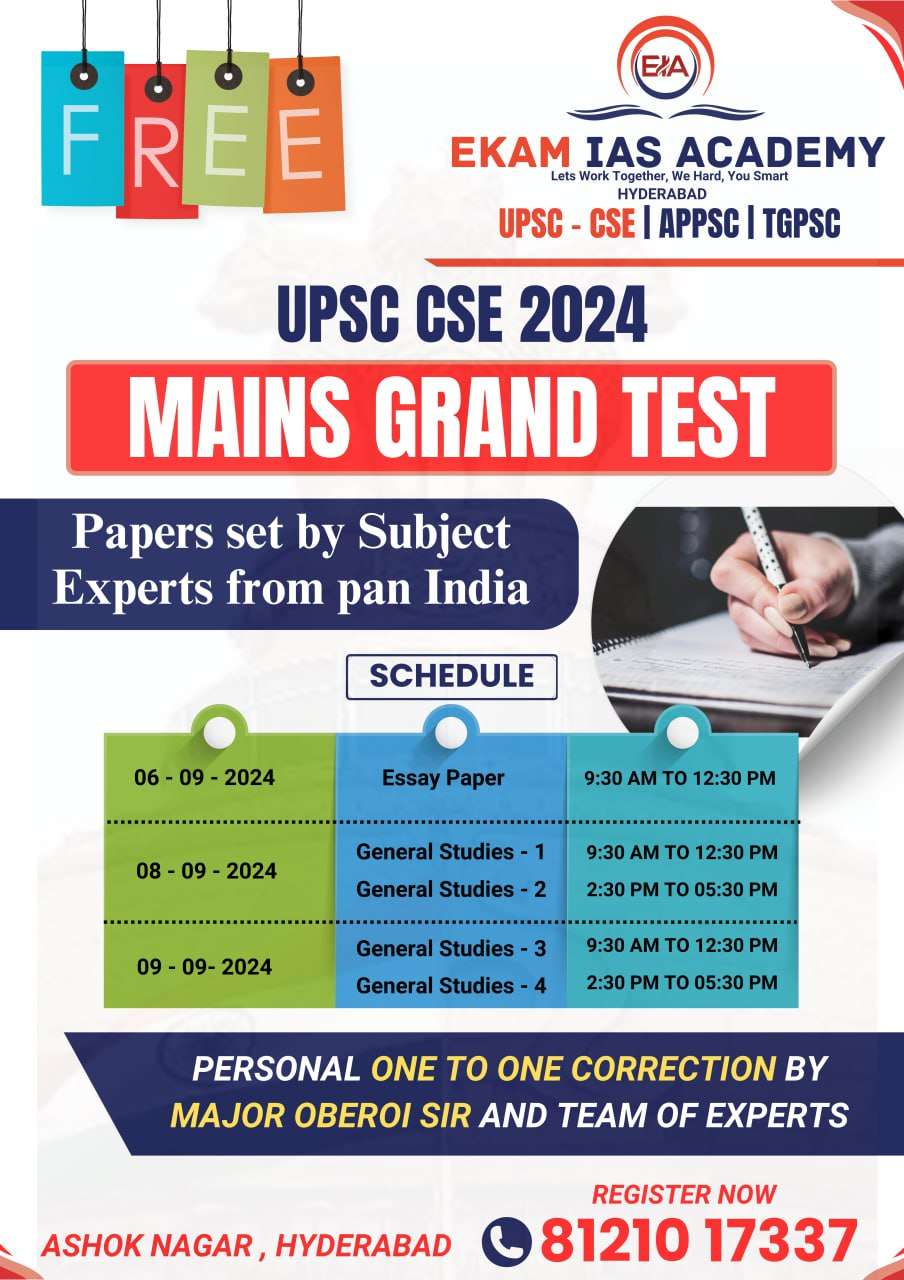
- This event has passed.
21-November-2023-Special-Article
November 21, 2023 @ 7:00 am - 11:30 pm
IT IS HIGH TIME THE COLONIAL INSTITUTION OF THE GOVERNOR IS REINED IN
The role of Governors in India, particularly in states like Tamil Nadu, has come under scrutiny due to recent incidents. The issue has prompted discussions on the powers and challenges associated with the gubernatorial office. Understanding the constitutional provisions and historical perspectives is crucial for evaluating the need for reforms.
Governor’s Powers Regarding Bill Passage:
Constitutional Framework (Article 200 and 201):
Assent to the bill, making it an act.
Withholding assent, resulting in rejection.
Returning non-money bills to the state legislature for reconsideration.
Reservation for the president’s consideration under specific circumstances.
Challenges and Issues:
The discretionary nature of the governor’s powers.
Potential delays in granting assent, impacting legislative processes.
Challenges Associated with Governor’s Office:
Appointment Challenges:
Governors appointed by the President on central government advice, raising concerns about political neutrality.
Role and Powers Challenges:
Governors’ discretionary powers leading to conflicts with elected state governments.
Instances of interference in state matters, dismissal of governments, and recommendations for President’s rule.
Accountability and Immunity Challenges:
Governors acting as Union government agents, potentially compromising their accountability to the state.
The governor’s immunity from legal scrutiny while in office.
Constitutional Makers’ Views:
Divergent Views in Constituent Assembly:
Some members critical of provisions mirroring the Government of India Act, 1935.
Concerns about governors acting as agents of the Centre.
-
R. Ambedkar’s Stand:
Defended existing provisions, emphasizing governors’ collaborative roles with state governments.
Limited discussion on potential conflicts and governors aligning with the Centre’s wishes.
Should the Office of Governor be Abolished?
Imprudent and Unnecessary:
Imprudent due to the necessity of a head of state and government in the Westminster parliamentary system.
Unnecessary as alternatives like judicial intervention or constitutional reform are viable.
Reform Measures:
Judicial Intervention: Supreme Court monitoring governors’ conduct to prevent arbitrary actions. Upholding the federal principle of Indian polity.
Appointment and Removal Process Reform: Transparent and consultative mechanisms for governor appointments. More challenging removal processes, requiring state legislature resolutions or judicial inquiries.
Enhanced Accountability and Legitimacy: Granting governor a President-like status, making them accountable to the state legislature.
Elected Representative Status: Electing the governor by the state legislature or the people, enhancing accountability and legitimacy.
Impeachability: Making governors impeachable by the state legislature on constitutional violations or misconduct.
Constitutional Reforms Suggested:
Sarkaria Commission (1988):
Emphasized collaboration between governors and state governments.
Governors’ discretionary powers to be used sparingly.
Venkatachaliah Commission (2002):
Appointment committee comprising the Prime Minister, Home Minister, Speaker, and Chief Minister.
Governors allowed to complete their term, removal only on proven misbehaviour or incapacity.
Punchhi Commission (2010):
Recommending removal only by a state legislature resolution for stability and autonomy.
Deleting the phrase “during the pleasure of the President.”
BP Singhal vs Union of India (2010):
Affirming the President’s authority to remove governors but emphasizing justifiable reasons.
Conclusion:
The discourse on the role of governors necessitates nuanced reforms rather than outright abolition. Transparent appointments, increased accountability, and limited discretionary powers are proposed solutions. Striking a balance between state and central interests is essential for the effective functioning of the governor’s office without compromising democratic principles. The ongoing discussions should guide comprehensive reforms to align the gubernatorial office with contemporary democratic values.
Mains Question:
- Discuss the powers and challenges associated with the office of Governors in India, focusing on constitutional provisions, historical perspectives, and suggested reforms. Do you think outright abolition of the office is necessary, or are there alternative measures that can enhance the effectiveness and accountability of Governors? Substantiate your answer with examples and recommendations. (150 Words) 10M

